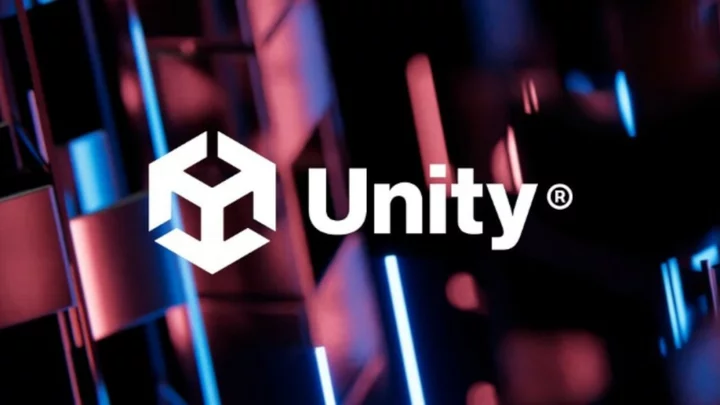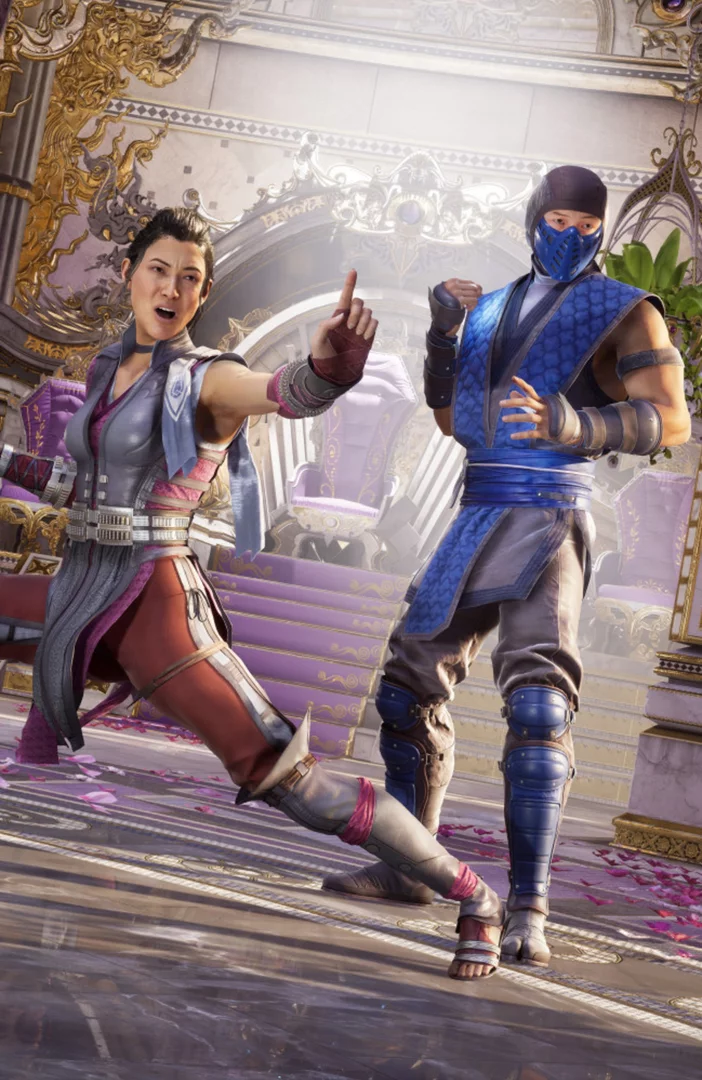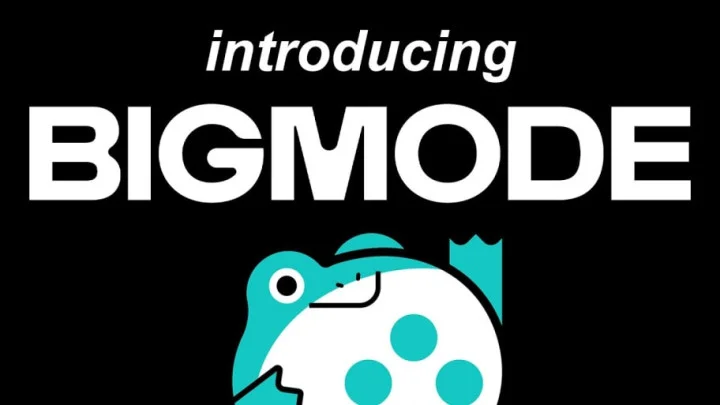With most of the focus on new Apple products yesterday, Unity Technologies decided to drop a bombshell on game developers by announcing a new, per-install fee for using its Unity game engine.
In a blog post, the company detailed how that once certain revenue and install thresholds are reached, every install of a video game developed with Unity will incur a "Runtime Fee." That fee varies based on which version of Unity is being used, but will apply to every install of a game.
Below is the table Unity published detailing how the thresholds and fees breakdown once they are introduced on Jan. 1 next year:
(Credit: Unity Technologies)Unity explains that the new fee is necessary because the Unity game engine consists of two components: the Unity Editor and the Unity Runtime. Unity argues that every time a Unity game is installed, the Unity Runtime is also installed to execute the game on the player's device and that warrants an additional fee. As Unity explains in its blog post, "we believe that an initial install-based fee allows creators to keep the ongoing financial gains from player engagement, unlike a revenue share."
I think it's fair to say developers using Unity for their games are currently equal parts upset and in disbelief, which is understandable when you realize how pervasive this new fee is. For example, if a Unity game is sold to a Steam user who installs it on their gaming PC, the developer would incur the new fee. However, if that same user then also installs the game on their Steam Deck, the developer would incur the fee again. The fee would also apply per-install to games offered through subscription services such as Game Pass.
Game development-focused YouTube channel Gamesfromscratch uploaded a video summarizing just how poorly thought out this fee-based system is:
Last night, Unity seemed to double-down on how strictly the fees would be applied, stating that if a player installs, deletes, then re-installs a game, the developer would incur the fee twice. However, as Axios reports, Unity "regrouped" and decided the charge would only be applied to the initial installation. Installing on multiple devices will incur the fee multiple times, though.
Developers are responding by stating they will switch to using a different game engine if Unity continues down this path. For example, Innersloth, developer of Among Us, is prepared to delay releasing content while the porting work happens if necessary. Innersloth ended its tweet on the matter by simply saying "Stop it. Wtf?"
Marc Whitten, president of Unity Create, pointed out that only around 10% of Unity users will incur the new fee, and that "Our core point with this is simply to make sure that we have the right value exchange so that we can continue to invest in our fundamental mission to make sure that we can deliver the best tools for people to make great games." However, he admits, "It's not fun to get a bunch of angry feedback on any particular day. And I think that that is us needing to clarify some of these points."
The ball is now firmly in Unity's court to respond to the backlash against this anouncement, and there is a big question mark over whether they can still go ahead with this fee and expect to have developers choosing to use its game engine next year.









